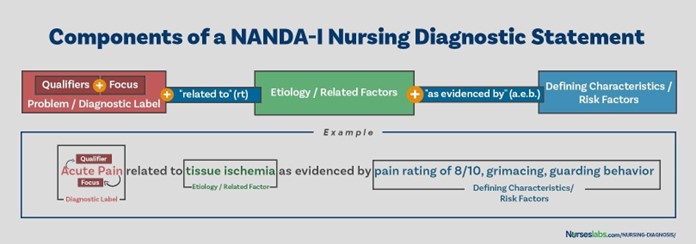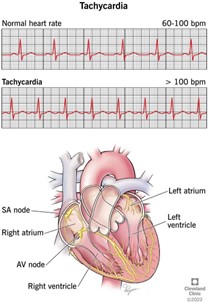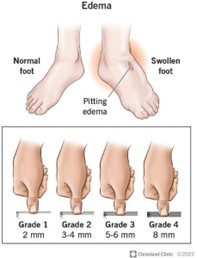Which of the following principles does the nurse use in selecting interventions for the care plan?
There is one best intervention for each goal/outcome.
Actions should address the etiology of the nursing diagnosis.
Interventions should be "doing" not just monitoring.
Always select independent interventions when possible.
The Correct Answer is B
When selecting interventions for a care plan, the nurse should consider several principles. One important principle is that actions should address the underlying cause (etiology) of the nursing diagnosis. By addressing the root cause of the problem, interventions can be more effective in achieving the desired outcomes. There is not necessarily one "best" intervention for each goal or outcome, as different clients may have different needs and respond differently to interventions. Interventions can include both "doing" actions and monitoring, and both independent and collaborative interventions may be appropriate depending on the situation.

Nursing Test Bank
Naxlex Comprehensive Predictor Exams
Related Questions
Correct Answer is D
Explanation
The client would most likely exhibit tachycardia, which is an abnormally fast heart rate. Fever and infection can both cause an increase in heart rate as the body tries to fight off the infection. Severe pain can also cause an increase in heart rate due to the body's stress response. Therefore, it is likely that the client would have a fast pulse rate, or tachycardia.

Correct Answer is D
Explanation
Heart failure is a condition in which the heart is unable to pump blood effectively, leading to a buildup of fluid in the body. This can result in edema (swelling) and fluid accumulation in the lungs, causing coarse crackles when breathing. The term for this condition is fluid volume excess, which refers to an excessive amount of fluid in the body.
Myocardial infarction is a heart attack, atelectasis is a collapse of lung tissue, and fluid volume deficit refers to a lack of fluid in the body.

Whether you are a student looking to ace your exams or a practicing nurse seeking to enhance your expertise , our nursing education contents will empower you with the confidence and competence to make a difference in the lives of patients and become a respected leader in the healthcare field.
Visit Naxlex, invest in your future and unlock endless possibilities with our unparalleled nursing education contents today
Report Wrong Answer on the Current Question
Do you disagree with the answer? If yes, what is your expected answer? Explain.
Kindly be descriptive with the issue you are facing.
